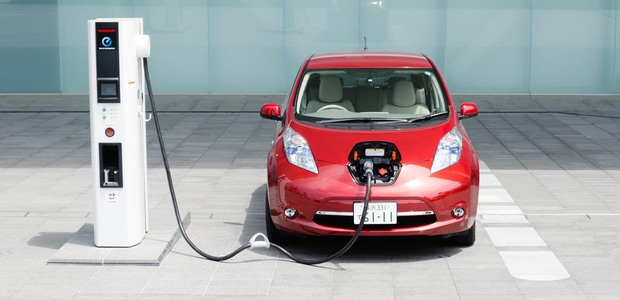advertisement
Japan has more car chargers than gas stations
There are more electric-car charging points in Japan than there are gas stations. This is according to Nissan Motor Co., which…

There are more electric-car charging points in Japan than there are gas stations.
This is according to Nissan Motor Co., which reported that the number of power points in Japan, including fast-chargers and those in homes, has surged to 40,000, surpassing the nation’s 34,000 gas stations.
The figure shows that in the relatively brief time since electric vehicles were introduced, the infrastructure to support them has become bigger than what the oil industry built over decades in the world’s third-biggest economy at least by this one measure.
advertisement
“An important element of the continued market growth is the development of the charging infrastructure,” Joseph G. Peter, Nissan chief financial officer.
The industry is also reacting to these infrastructure needs. Tesla Motors Inc. has its own network of charging stations, and Bayerische Motoren Werke AG, or BMW, and Volkswagen AG announced in January that they are joining the network operated by ChargePoint Inc., and plan to build as many as 100 fast chargers along the busiest corridors of the U.S. coasts, from Portland to San Diego in the west and from Boston to Washington, in the east.
Utilities are joining in. Great Plains Energy Inc., the Kansas City, Missouri-based utility holding company, announced in January plans to build a network of more than 1,000 charging stations in the region by mid-2015. Charging will even be free to everyone for the first two years.
advertisement
Given that there are only about 9,000 public charging stations in the entire U.S., the initiative gives Kansas City, the nation’s 29th largest metropolitan area, a chance to become the nation’s electric car capital with as much as 10 percent of the nation’s chargers. Kansas City may not be able to retain that position. PG&E Corp., owner of California’s biggest utility, asked regulators Feb. 9 for permission to build a network of about 25,000 chargers in public areas over a five-year period.
The news from Japan represents a significant milestone. With generous subsidiesin some countries, new and improved battery technologies and charging points popping up all the time, it may not be too long before electric cars become commonplace.